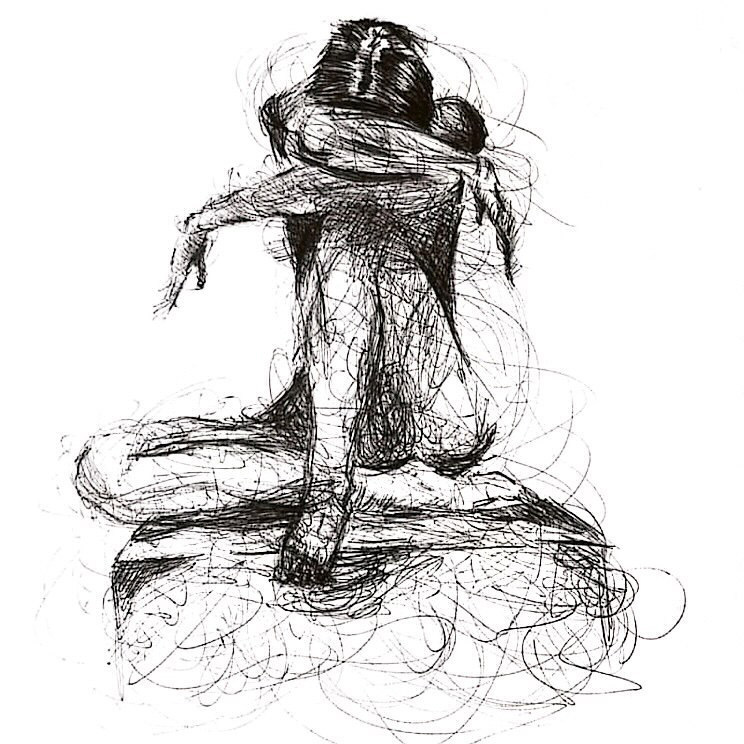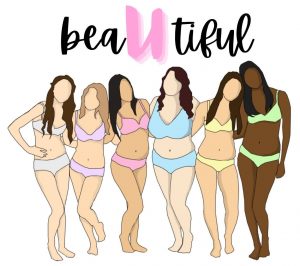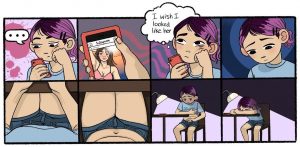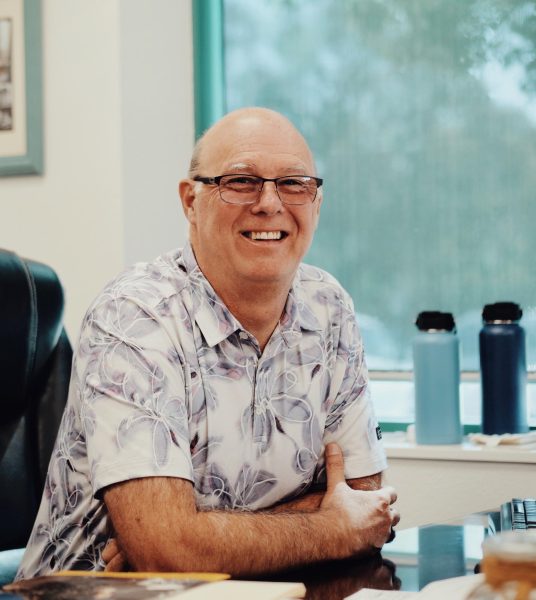The Lies of ‘Diet Culture’
Feature Editor Jasmine Youn shares her dieting experience, and how she overcame it.
The critical relation between our food intake and our mental health is portrayed through social media. According to the Child Mind Organization, adolescents care immensely about validation and appearance, resulting in a comparison with influencers who unrealistically Photoshop themselves.
Since the beginning of COVID-19, we’ve been told to stay home, which means three things: we’re bored, we’re surrounded by food, and we pass time on social media where diets are constantly promoted by influencers.
I’ve seen people on TikTok, Instagram, SnapChat, and YouTube feature videos of people sharing how they lost weight and why I should lose weight too. They told me what to eat, they set expectations for workout results, and most problematically, they’ve convinced me that “healthy” equals “thin.”
This type of content promotes Toxic Diet Culture: the prioritization of weight, shape, and size over the health of a person. This culture is fundamentally built off of “fatphobia,” the fear of gaining weight and/or being surrounded by overweight people. This encourages others to build a toxic relationship with food and their bodies or cause disordered eating.
I’ve seen posts on all social media platforms of people spreading offensive remarks to those who didn’t look “thin,” and imploring others to lose weight. Though the comments may not have been directed at me, it felt as if not looking like a fitness model was unacceptable in the eyes of society. Toxic diet culture on social media fuels body shaming and only promotes lean, strong build bodies rather than accepting different types of bodies. In fact, 60% of people ranging from the ages 28 to 73 reported that social media has negatively impacted their self-esteem.
This past summer fitness YouTuber Chloe Ting’s YouTube workouts trended on Tik Tok due to teenagers wanting to “glow up” during quarantine. My social media was then filled with girls documenting their experience with the workouts and results, convincing me to work out. With that, there were also constant “healthy” recipe videos from other fitness accounts all over social media, teaching me how to feel full with less food in the stomach.
This pushed me to eat clean and to avoid junk food, even when it was offered to me. Although this lifestyle of eating clean may sound harmless, and even beneficial, it became an obsession and destroyed my relationship with food.
Any meal I didn’t cook myself was difficult to eat because of the possible chance of eating an unhealthy ingredient, such as sugar. Coincidentally, my TikTok page started to fill with videos of people saying, “If you want to lose weight and eat whatever you want at the same time, go on a calorie deficit.”
A calorie deficit is when fewer calories are consumed than burned. With the desperation of wanting to eat guilt-free, I went on a caloric deficit diet.
The average teenage girl should consume a minimum of 2,200 calories a day. However, I began to eat as little as 800 calories, thinking that the less food I put in my body, the more weight I would lose. But my body did the opposite of what I thought it would do: my metabolism slowed, I felt fatigued every second of the day, and I was extremely hungry, no matter how much I tried to eat within my calorie range. The worst effect of all this, however, was how unhappy I was.
The mental hunger that I felt was unbearable. As I ate fewer calories, my body began to produce more ghrelin, a hunger hormone that is released from the stomach when the body needs food. As I lost more weight, I lost more leptin, a hormone that fat cells release to signal my brain when to eat and when to stop. These hormonal changes cause extreme hunger even when I was physically full. I ignored these hunger cues for the sake of my diet, but it led my body to want more food — more than it had ever wanted before.
Again, social media, mainly YouTubers and TikTok fitness influencers, became my go-to for help: drink more water, start drinking coffee, chew gum, take a nap, distract yourself to feel less hungry. However, none of these worked for me, and suddenly, food became my greatest enemy.
A few months later, I started binging. I ate beyond discomfort and fullness. When I hung out with my friends, I would have cheat days where I stopped tracking calories for the day and ate whatever and however much I wanted. Even when my stomach felt as if it would rip apart, I wanted to eat more. I would eat six donuts in 30 minutes, then eat dinner for two hours straight until my body couldn’t consume any more food. I had never eaten so much in such a short period of time that I started to feel ashamed and guilty; I felt even worse because I was still hungry afterward.
When I opened TikTok, I saw videos of fitness influencers that I followed saying, “Did you eat a lot today? It’s okay, you won’t lose any progress. Go back on track tomorrow.” To me, it felt as if they were saying that binging is okay, hence the ‘Did you eat a lot today?’ question. To alleviate the guilt, I listened to them, and ended up normalizing binging in my diet as I did it at least once every week. I felt as though this was a normal situation to be in for those who go on diets.
Still, no matter how many times I binged, my hunger was never satisfied. The frustration grew as I realized this wasn’t the way I wanted to live. The posts on social media that I was bombarded with during quarantine has made it extremely difficult for me to stop dieting. This constant reminder of failing myself and my body if I gave up on the diet continued to haunt me.
I am now six months into recovery — no more diets and no more restrictions on food. My goal is to feel free around food, to restore my body and mind, and to welcome the feeling of joy when eating. But even with this progress, I still struggle with the compulsion to look at calorie numbers.
Despite these struggles, I feel happier and my hunger signals already feel restored. Recovery takes courage and perseverance because it’s something that takes full commitment. Many people go on diets, then stop because they feel hungry, realizing that they’re gaining weight, and start dieting again. This is commonly known as the yo-yo diet and it puts people’s health at greater risk. It’s natural to gain weight after strict dieting, because our bodies crave that missing nutrition, but it will regulate itself to the weight in which your body best functions.
After months of allowing my diet and physical appearance determine my self worth, I’ve come to the conclusion that self love and value cannot be earned through numbers. Food is a reward we offer our bodies for keeping us alive. When we fail to nourish our bodies, our bodies tend to fail us.
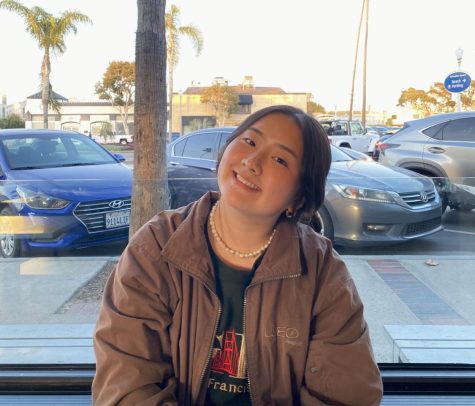
Jasmine Youn is a Wildcat Feature Editor, born and raised from the Bay Area in California. She likes to spend most of her time crocheting, listening to...

Karis Choi, junior, joined the Wildcat newspaper at the beginning of her sophomore year starting off as a photographer and staff writer and transitioning...




